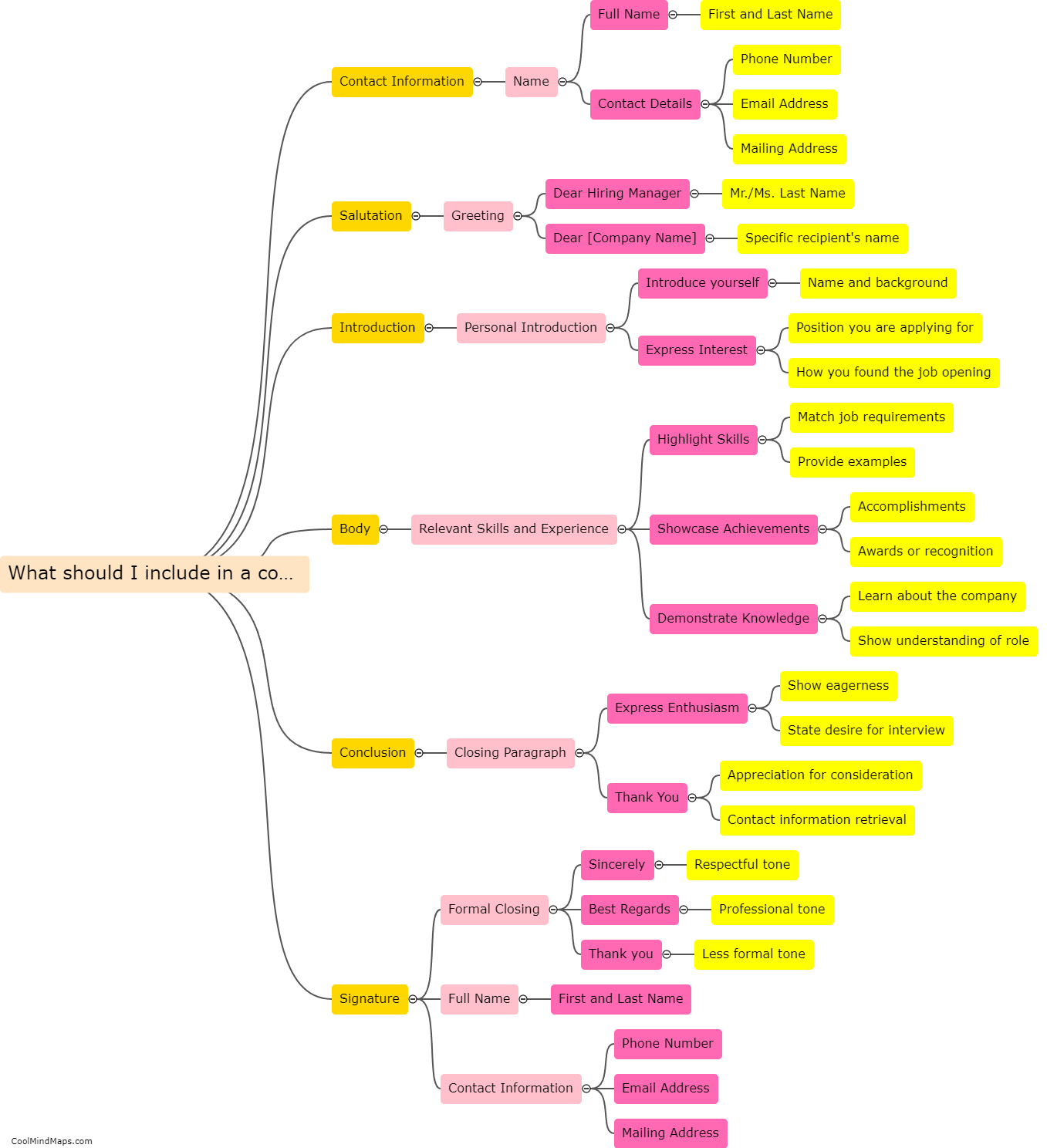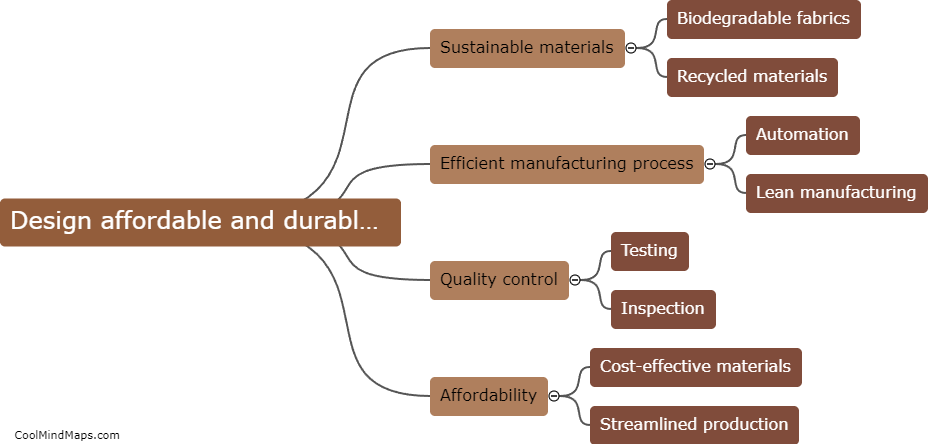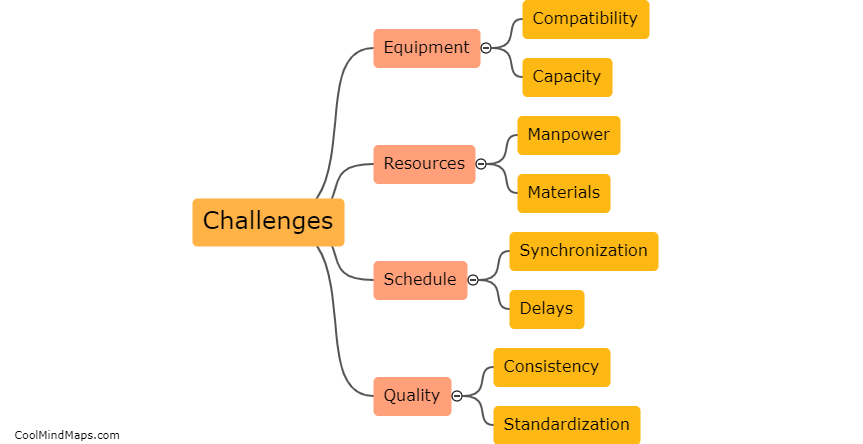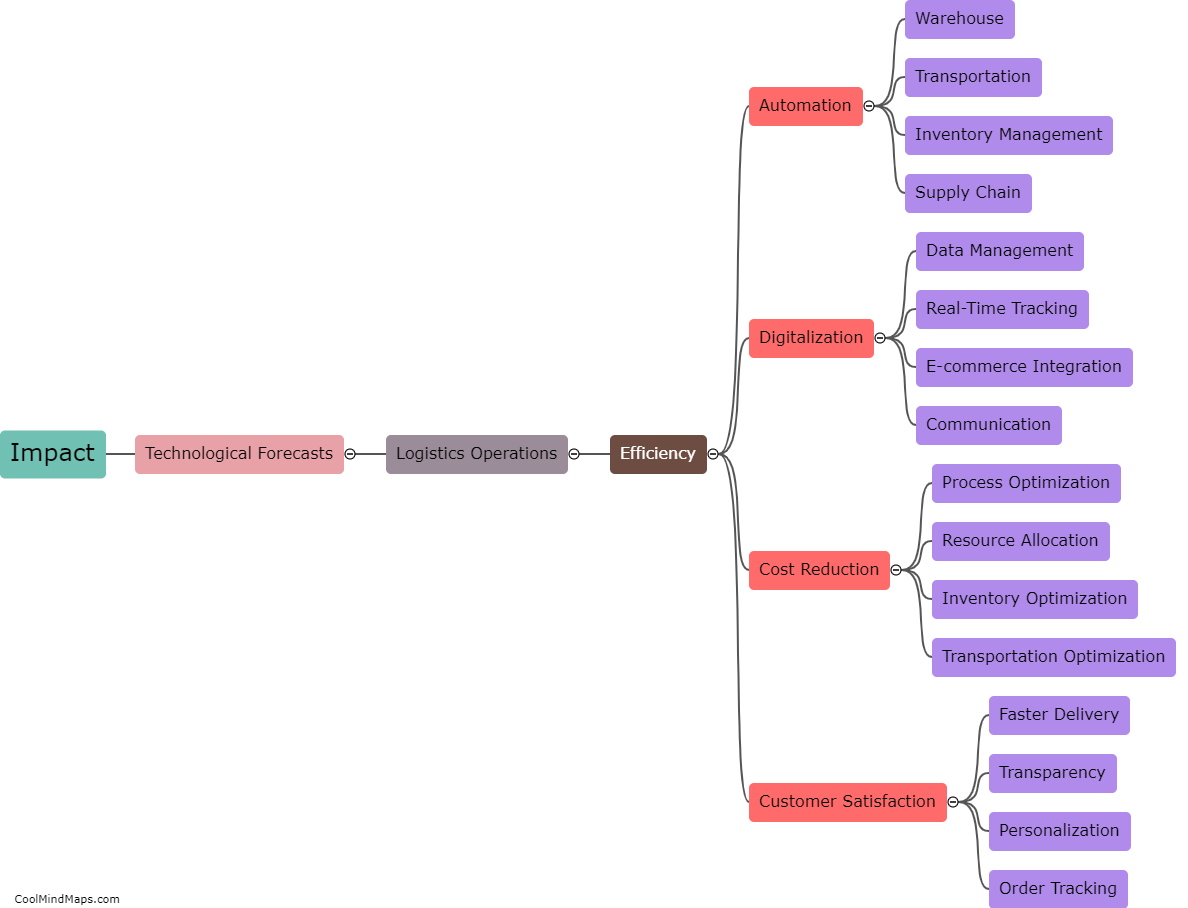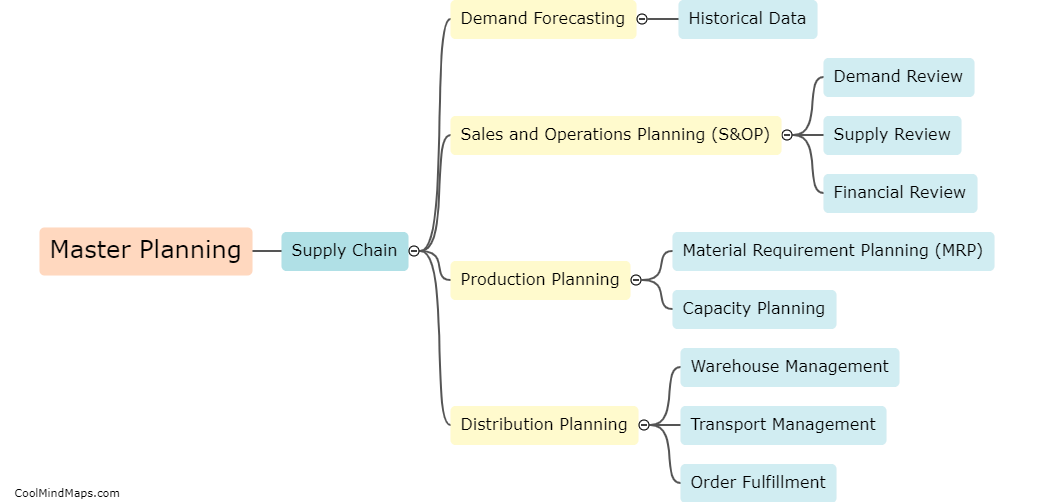What are the benefits of using technological forecasts in logistics?
Using technological forecasts in logistics can bring several benefits to businesses. Firstly, it helps to improve operational efficiency by providing insights into emerging technologies and their potential impact on the supply chain. By anticipating trends and advancements, companies can make informed decisions about adopting new technologies, optimizing processes, and investing in infrastructure. This proactive approach allows businesses to stay ahead of the curve and gain a competitive advantage. Secondly, technological forecasts can drive innovation and enable businesses to embrace automation, robotics, data analytics, and other emerging technologies that enhance productivity and streamline operations. This can lead to cost savings, improved customer satisfaction, and faster time-to-market. Additionally, by harnessing technological forecasts, logistics companies can anticipate disruptions, such as changes in consumer behavior or regulatory requirements, and adapt their strategies accordingly, minimizing risks and increasing resilience. Overall, leveraging technological forecasts in logistics empowers businesses to make informed decisions, maximize efficiency, and stay agile in a rapidly evolving industry.

This mind map was published on 16 November 2023 and has been viewed 92 times.
